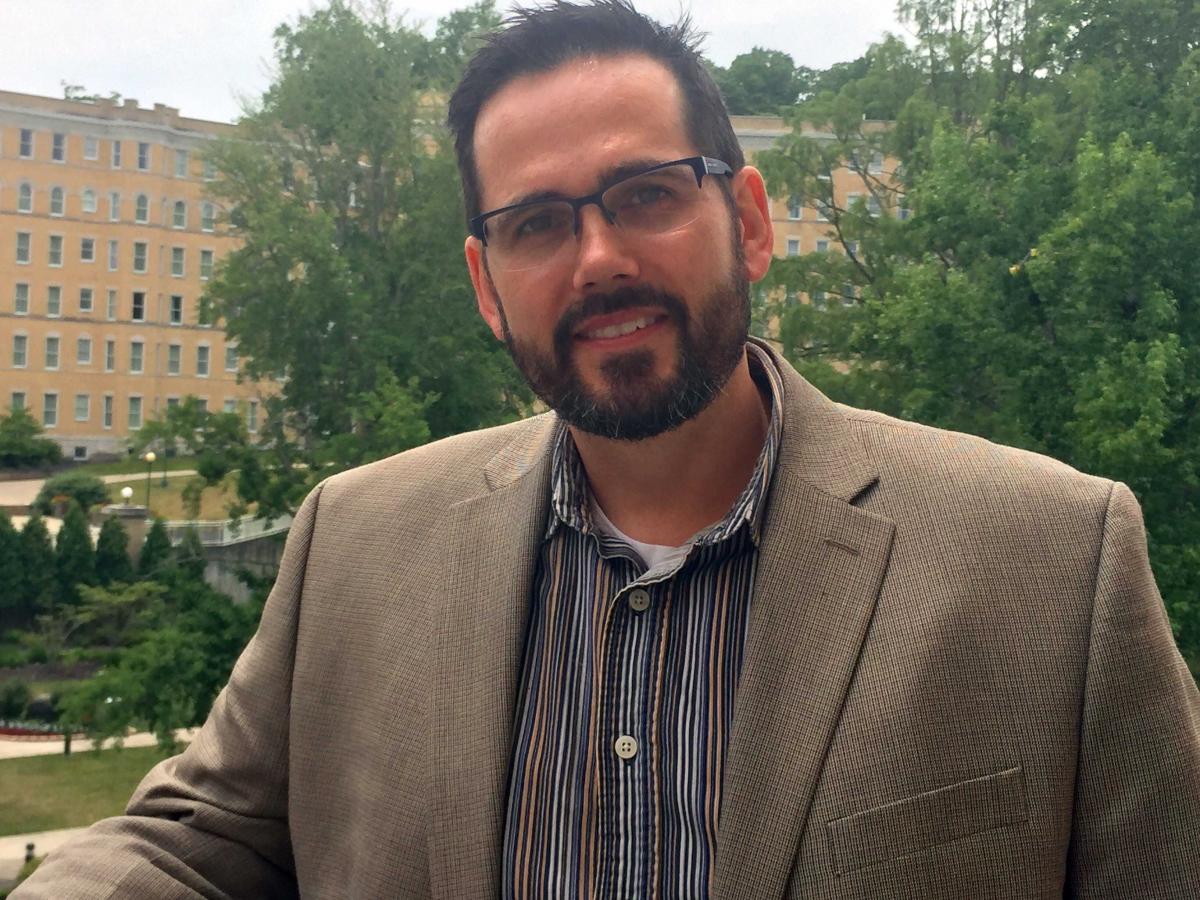Dr. Will Cooke practices medicine in Austin, Indiana, a town of just 4,200 people located in a rural community about 40 miles north of Louisville. The opioid addiction crisis hit the community hard, followed by worst outbreak of HIV ever chronicled in rural America.
With no HIV clinics in the area, Dr. Cooke expanded from primary care to become an expert in infectious disease and opioid abuse, and an outspoken advocate for expanded access to treatment. Dr. Cooke’s work has been widely covered in national publications, and he was recently honored as the Family Physician of the Year by the American Academy of Family Physicians. Dr. Cooke’s book, The Canary in the Coal Mine, will be published later this year.

-
What do you consider the most important work that you do?
Just taking the time to honor the moment with each patient when the door is closed and all else falls away and we are left with one person with needs and one person listening. That becomes kind of a sacred moment, one I somewhat hesitatingly compare to entering a confessional booth.
That human connection is the most important thing, and I’ve been shocked by what people are willing to say, what they are willing to be vulnerable about. Sometimes it is health-related issues like diabetes or hypertension or drug use, but sometimes it is about trouble with a spouse or a child or whatever.
-
What motivates you to do your work?
My faith. God to me is very relational. In my Christian faith, God left a very comfortable existence—in heaven, after all!—to walk with the poor, to touch lepers, to hang out with drunkards. He connected with people who were marginalized, stigmatized, rejected by the religious class. So that is what motivates me to work with marginalized, stigmatized people.
We are all people, and we all deserve access to health as a human right, no matter where we are born, no matter our race or class or gender. As Americans, we have even more of a claim to health: we believe in life, liberty, and the pursuit of happiness, and none of that is possible without health. So that means we need decrease barriers to healthcare, to reduce the structural violence that happens when we actively harm people by the very system we have created now.
-
What are the biggest challenges you—or those you care for—face?
A child born in one zip code has a far different life expectancy than a child born in another, and that demonstrates very clearly that there are significant barriers to health. We have to eliminate that. It’s amazing to me that we see a child growing up in poverty and subject to chronic, toxic stress, and we have compassion for that child.
But sometime between the ages of 12 and 18 years old, that compassion drains away and we instead see them as a low-life criminal that should be allowed to die or locked up—even though a lot of what is happening with them is due to growing up in that toxic stress. We sit back in our comfortable place of privilege and judge them harshly. As people of faith, that is the exact opposite of what we should do.
-
What do you think the U.S. healthcare system should look like?
We should be investing in each and every individual at birth to make sure they have the opportunity to be successful as an adult. We look nothing like that now. Since 9/11, we have spent $6 trillion to kill people on foreign soil. That’s a huge investment in death. If we spend that $6 trillion on our healthcare system, it would change everything. If we truly want every single person to have the opportunity and the success that we say we do, we would invest in them from birth.
I consider myself a conservative Christian. So I can't believe how other conservative Christians have been co-opted by views that are pro-gun, pro-war, pro-death penalty, the rhetoric about people being expected to pull themselves up by their own bootstraps. That is just not what Christ was about.
-
What role do you see people of faith and faith communities playing in making the needed changes?
Advocating for the least of these. Those who are most vulnerable, marginalized, stigmatized. There is a quote from (German theologian and Nazi-resister Dietrich) Bonhoeffer, “We are not to simply bandage the wounds of victims beneath the wheels of injustice, we are to drive a spoke into the wheel itself.”
He is talking about people of faith. Just praying for the sick or yielding the responsibility for those in need to the church or the government does not fulfill our personal responsibility to advocate. We can’t do everything ourselves individually, but if we each act individually every day, collectively we can do something very significant.
You can learn more about Dr. Will Cooke and his work at the Foundations Family Medicine site.
This interview has been condensed.
Faith and Healthcare Notes
- Did you miss our inaugural newsletter last week, "Why a Faith in Healthcare Newsletter?" If so, click here to read.
- “What do the Midterms Mean for Medicare for All?” by a former administrator of the Centers for Medicare & Medicaid Services and two Harvard Medical School students
- “We are Fighting for Our Lives”: Patients and their families are protesting the skyrocketing price of insulin: as high as $300 for a vial of a decades-old formula produced for about $5. The story in NPR’s Morning Edition
- Don't miss next week's newsletter: "When it Comes to Medicare for All, Now 'We Have the Receipts'"
Do you have Faith in Healthcare story ideas, interview topics, or news items? Let us know at fwquigley@gmail.com
If you are not yet a subscriber to Faith in Healthcare, contact us here. And be sure to follow us on Twitter, @healthcarefaith
